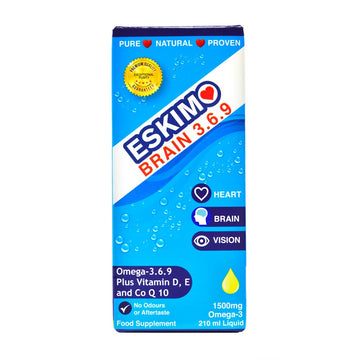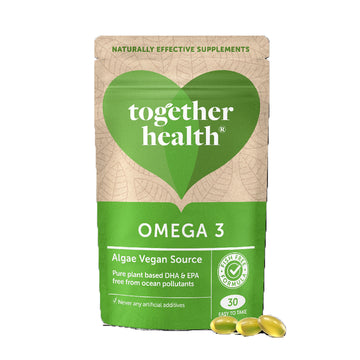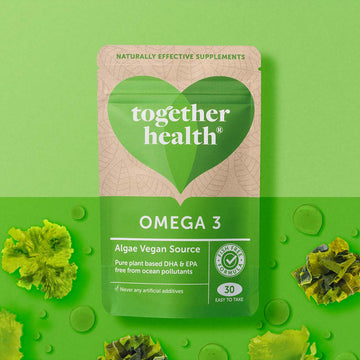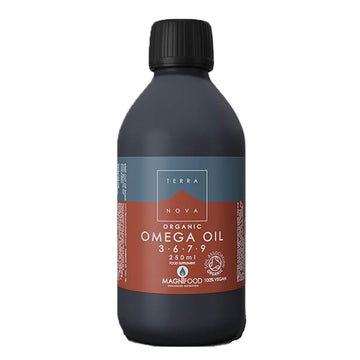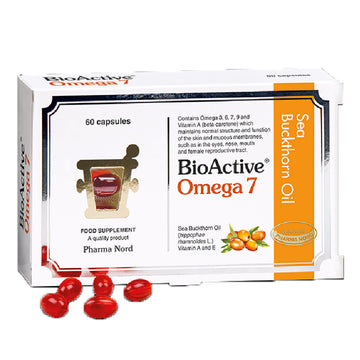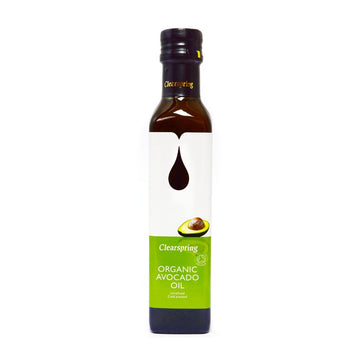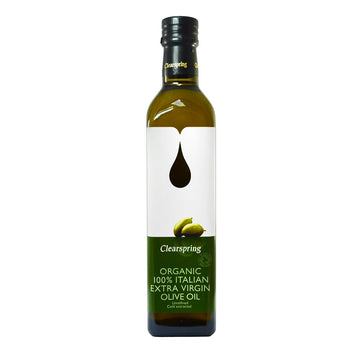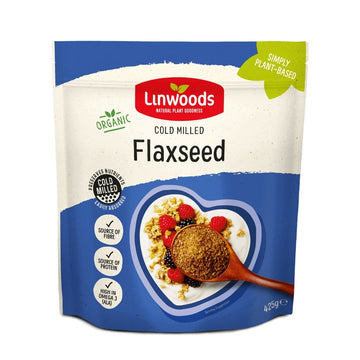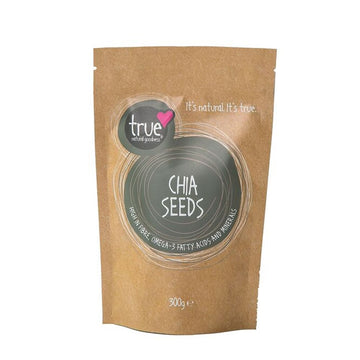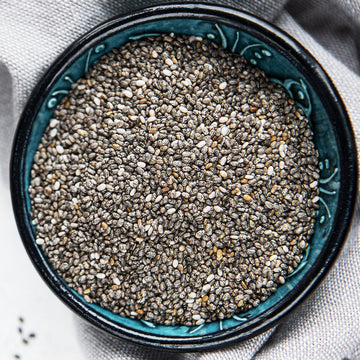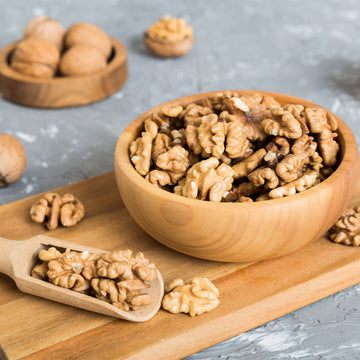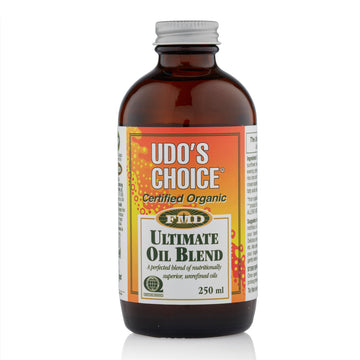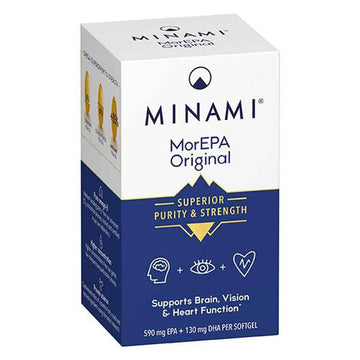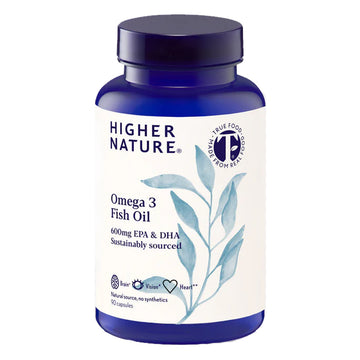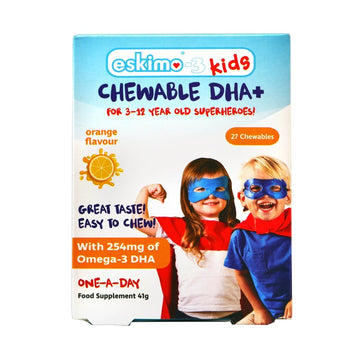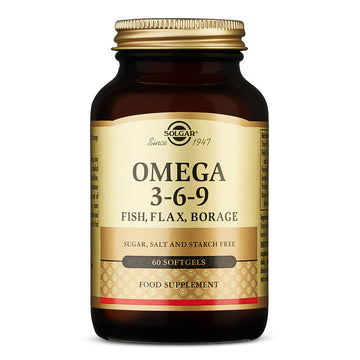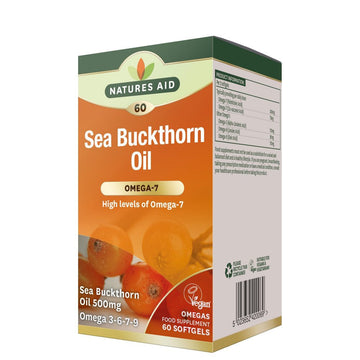In the world of nutrition, there are few nutrients as celebrated as Omega Oils.
These healthy fats play a vital role in maintaining overall well-being, from supporting brain health to nurturing cardiovascular function. However, with the variety of options available, navigating the omega oil landscape can be overwhelming. Fear not, we are here to help shed light on everything omega oil related!
Understanding Omega Oils
Omega oils belong to a family of polyunsaturated fats, categorised into omega-3, omega-6, omega-7, and omega-9 fatty acids. Each type plays distinct roles within the body:
- Omega-3 Fatty Acids: Renowned for their anti-inflammatory properties, omega-3s are crucial for heart health, cognitive function, and help reduce the risk of chronic diseases like arthritis.
- Omega-6 Fatty Acids: While essential, omega-6 fatty acids must be balanced with omega-3s to prevent inflammation. Sources include vegetable oils, nuts, and seeds.
- Omega-7 Fatty Acids: Although less commonly discussed, omega-7s offer unique benefits for heart health, skin health, and metabolic function. Sources include sea buckthorn oil and macadamia nuts.
- Omega-9 Fatty Acids: These are non-essential, meaning the body can produce them. However, consuming omega-9s from sources like olive oil and avocados can still offer health benefits, particularly for heart health.
The Importance of Omega Oils
Modern diets often skew towards an imbalance of omega-6 and omega-3 fatty acids, tipping the scale towards inflammation. Incorporating omega oils into your diet helps restore this balance, promoting optimal health and well-being.
Omega Oil Sources
To reap the benefits of omega oils, it's essential to incorporate diverse sources into your diet. Here are some of the richest sources:
- Fatty Fish: Salmon, mackerel, trout, and sardines are excellent sources of omega-3 fatty acids, particularly EPA and DHA.
- Flaxseeds and Chia Seeds: These tiny powerhouses are packed with alpha-linolenic acid (ALA), a type of omega-3 fatty acid.
- Sea Buckthorn Oil: Rich in omega-7 fatty acids, sea buckthorn oil offers unique benefits for heart health and skin health.
- Walnuts: A convenient snack rich in ALA, walnuts offer a plant-based source of omega-3s.
- Olive Oil: High in omega-9 fatty acids, extra virgin olive oil is a staple of the Mediterranean diet, celebrated for its heart-healthy benefits.
Supplementing with Omega Oils
While obtaining omega oils from food sources is ideal, supplements can provide a convenient and concentrated source of these essential nutrients. Omega oil supplements come in various forms, including fish oil capsules, flaxseed oil, sea buckthorn oil, and plant-based supplements.
Incorporating Omega Oils Into Your Routine
Now that we've uncovered the importance of omega oils and their various sources, the next step is to incorporate them into your daily routine. Here are some simple tips to get started:
- Start your day with a nutritious breakfast: Add ground flaxseeds or chia seeds to your morning smoothie or oatmeal for a boost of omega-3s.
- Enjoy fatty fish regularly: Aim to include fatty fish in your diet at least twice a week to meet your omega-3 needs.
- Integrate sea buckthorn oil: Incorporate sea buckthorn oil into your skincare routine for its omega-7 benefits, promoting skin health from the inside out.
- Swap out unhealthy fats: Replace saturated and trans fats with healthier options like olive oil or avocado oil in your cooking.
- Supplement wisely: If you struggle to obtain enough omega oils from food alone, consider incorporating a high-quality supplement into your routine.
Omega oils are indispensable for maintaining optimal health and well-being, yet many of us fall short of meeting our daily needs. By incorporating a variety of omega-rich foods into your diet and supplementing wisely, when necessary, you can unlock the many benefits of these essential fatty acids.




